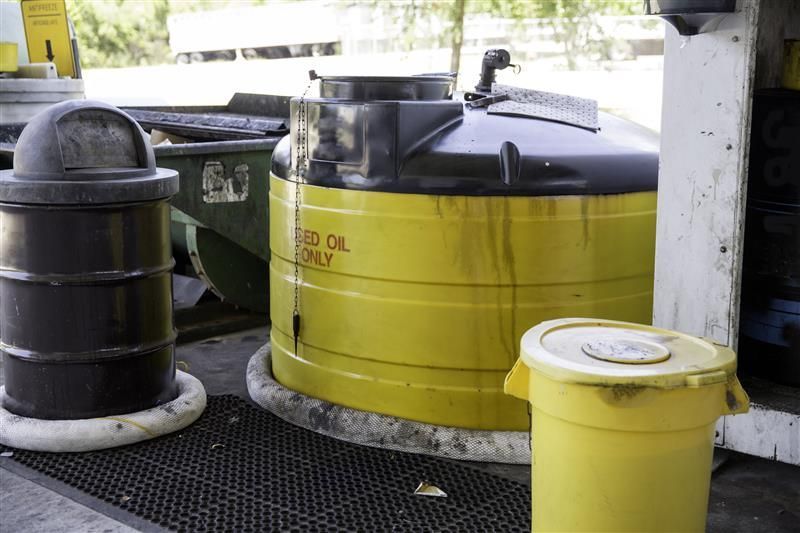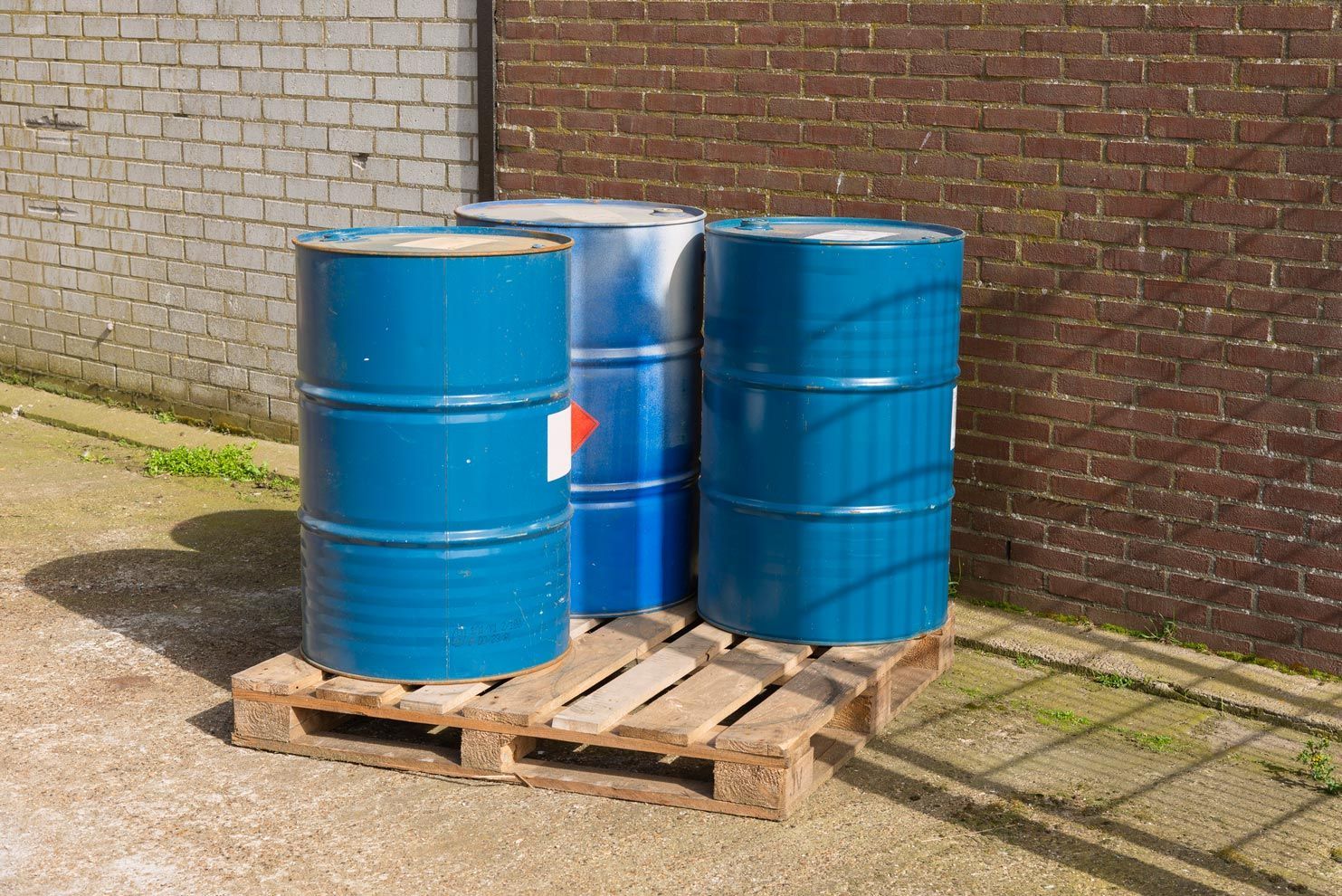Blog Layout
Where Your Recycled Oil Goes
August 21, 2020

Recycling is a ubiquitous term in today's world. Bottles, cans, and paper products are obvious candidates for the recycling bin, but so many more products that get thrown away could be recycled. One of these substances is used motor oil. Not only is oil dangerous for the environment when disposed of incorrectly, but it also negatively affects the economy. Recycling oil is an easy and painless way to go green.
The Process
The only difference between new oil and used oil is impurity. When we use oil, it gets dirty. Therefore, by cleaning the oil through a variety of processes, oil can be recycled to the same quality as brand new oil. If done correctly, oil can be recycled and reused indefinitely.
The first step is to separate the water. This is called dewatering. Just as salad dressing will separate into many different layers, the oil simply needs to sit in a large container in order to separate from the water.
From there, solid waste is disposed of. The oil is then separated into three grades: light, intermediate, and heavy. These are different types of oils that are used in different types of equipment. The heaviest of these solids are taken out and used in asphalt. This is just another use for recycling oil.
The oil is almost clean at this point, but it still needs to be completely purified. To do this, it goes through a series of distillations. The first distillation, which uses water, separates out the lightest of fuels. The second and last distillation is done in a vacuum chamber and separates out, or cuts, the rest of the oils. At this point, the recycling process is done, and the oil is ready for reuse.
The Benefits
Recycling oil is a huge help to the environment. A single gallon of oil can contaminate 1,000,000 gallons of water. Not only does this affect wildlife, but it can affect people as their water supply is contaminated and rendered undrinkable.
The benefits of recycling go far beyond the environment. Re-refining oil makes economic sense as well. It is more efficient in the creation of lubricating oil than crude oil. This efficiency makes recycling oil much cheaper than mining it from the ground.
Not only is it cheaper, but recycling oil does not lower the quality of the oil. This means that your car can't tell the difference between new or recycled oil. Since quality is not diminished, oil can be recycled indefinitely, making it a reusable resource.
What You Can Do
Recycling your oil is easy and painless. Many auto shops accept used oil and will recycle it for you. All you have to do is show up and hand it over.
Most importantly, don't pour your used oil down a storm drain. An estimated 200 million gallons of oil is disposed of incorrectly. That's 200 trillion gallons of water contaminated every year. If you are changing the oil yourself on your car, be mindful and turn in your extra oil to be recycled instead of pouring it down the drain.
Also, don't be afraid of using recycled oil for your car. Though the standards vary by state, using recycled motor oil is one way to help the environment as well as the economy. Remember, recycled oil behaves just as well as its newly mined counterpart.
Denver Oil tries to reap the benefits of recycled oil one gallon at a time. Not only do we pick up old, used oil, but we will also dispose of your antifreeze and oil filters. Find a location
today for a new way of recycling and going green.
Serving the Colorado Area |
303-974-6699
303 South Broadway Suite B359, Denver, CO 80209
(This is a business address and we do not accept product at this location, please call for pick up)
Content, including images, displayed on this website is protected by copyright laws. Downloading, republication, retransmission or reproduction of content on this website is strictly prohibited. Terms of Use
| Privacy Policy
Serving the Colorado Area |
303-974-6699
303 South Broadway Suite B359, Denver, CO 80209
(This is a business address and we do not accept product at this location, please call for pick up)
Content, including images, displayed on this website is protected by copyright laws. Downloading, republication, retransmission or reproduction of content on this website is strictly prohibited. Terms of Use
| Privacy Policy










